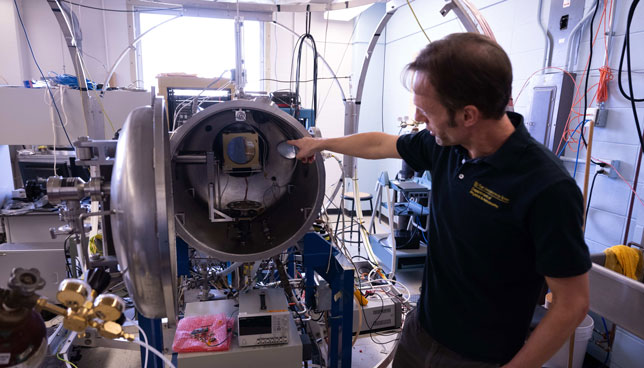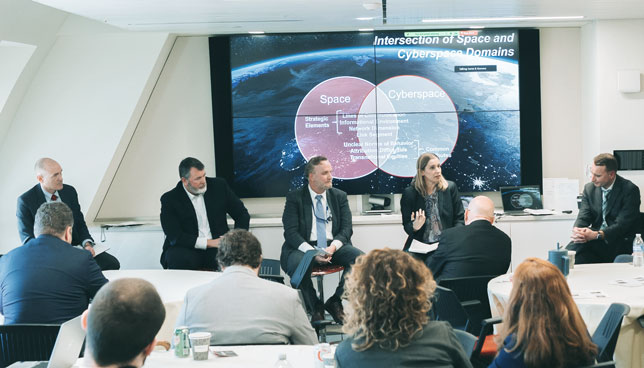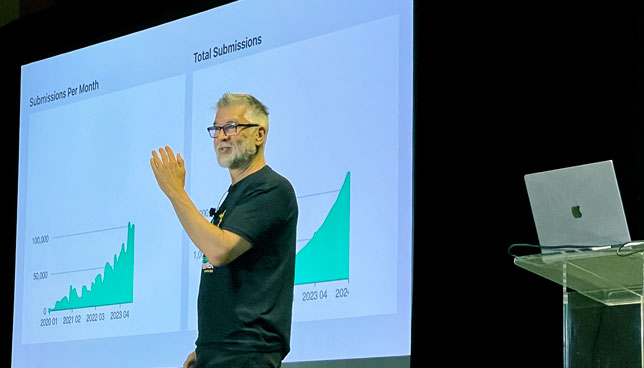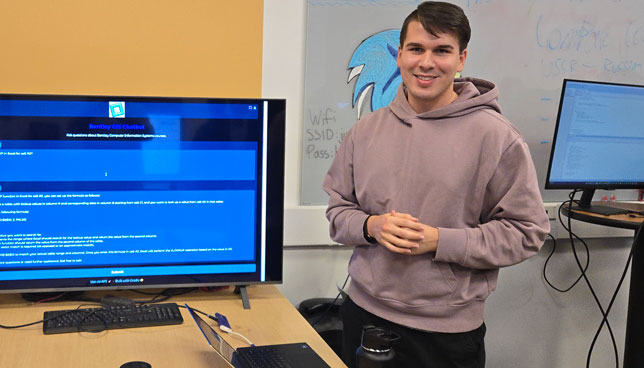
In recent years, colleges and universities have faced an evolving array of cybersecurity challenges. But one threat is showing signs of becoming both more frequent and more politically charged: hacktivism.

As colleges and universities expand online offerings, the goal now is clear: Build environments where students actively participate, not passively attend.

Working in tandem, the recently launched TRACERS satellites enable new measurement strategies that will produce significant data for the study of space weather. And as lead institution for the mission, the University of Iowa upholds its long-held value of bringing research collaborations together with academics.

As an institution's highest level of data capabilities, data fluency taps into the agency of technical experts who work together with top-level institutional leadership on issues of strategic importance.

CT asked Scott Shackelford, Indiana University professor of law and director of the Ostrom Workshop Program on Cybersecurity and Internet Governance, about the possible emergence of space cybersecurity as a separate field that would support changing practices and foster future space cybersecurity leaders.

How can a company serving higher education navigate the changes AI brings to ed tech? What will customers expect? CT talks with Kuali CEO Joel Dehlin, who shared his company's AI strategies with attendees at Kuali Days 2025 in Anaheim.

Here's how to develop and implement an AI framework that not only aligns with an institution's unique mission, but also addresses the diverse needs of its stakeholders, including faculty, students, staff, and administration.

Leaders charged with developing and expanding online programs at their institutions are finding themselves in increasingly complex roles, but there are a few core steps institutional leaders can take to ensure success.

Exploring the sweet spot between project-based learning and the latest in powerful AI tools at Bentley University.

To fully leverage AI while mitigating risks, university leaders must adopt a responsible and ethical approach — one that is proactive, thoughtful, and grounded in a framework of trust.